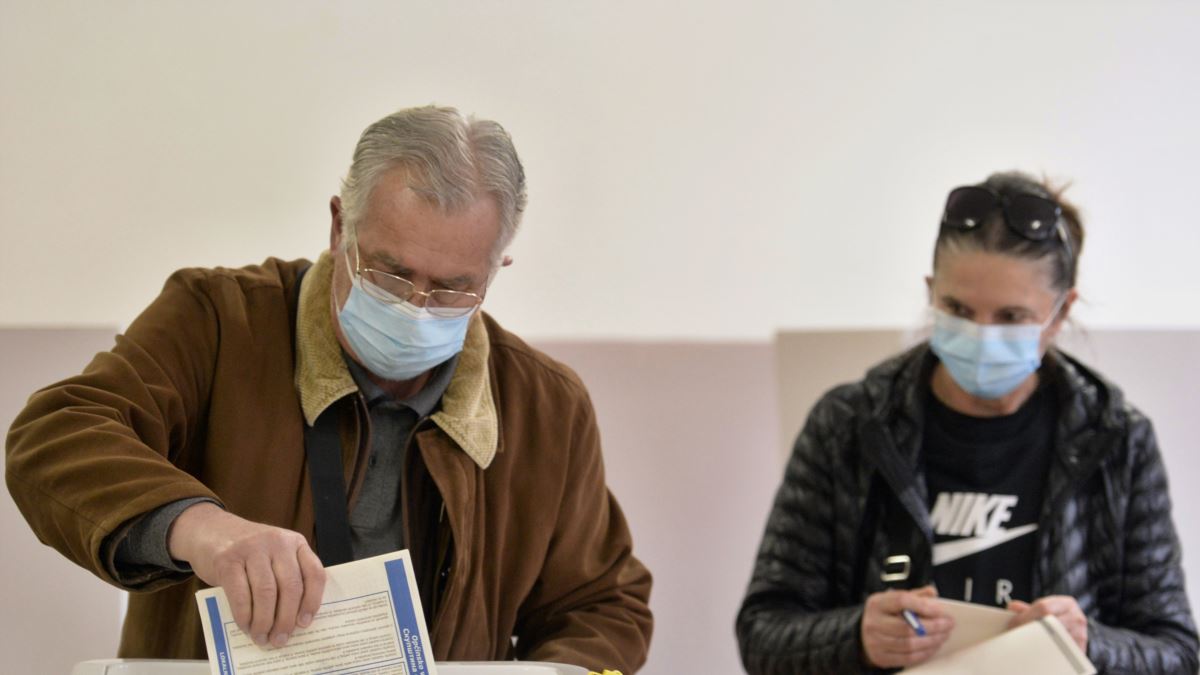

SARAJEVO — Bosnian opposition parties have won local elections in the Balkan country’s two largest cities, where they defeated long-ruling nationalists.
In Bosnia-Herzegovina’s capital, Sarajevo, the Bosniak Party of Democratic Action (SDA) of Bakir Izetbegovic conceded defeat late on November 15 after losing mayors in three out of four municipalities that were won by candidates of a coalition of moderate parties.
In Banja Luka, the administrative center of the predominantly Serbian Republika Srpska, the opposition Party of Democratic Progress (PDP) won the job of mayor that was previously held by the Serb-led Alliance of Independent Social Democrats (SNSD) party of Milorad Dodik.
According to the Central Election Commission, half of about 3.3 million registered voters turned out to cast ballots for town and municipal councils and mayors in Bosnia’s two autonomous regions — the Bosniak-Croat Federation and Republika Srpska — as well as the neutral Brcko district.
The elections were originally slated for October 4, but the government’s delay in adopting a national budget, including funding for the elections, led to the postponement.
Nationalist Bosniak, Serb, and Croat parties have held power for most of the period since the end of the 1992-1995 Bosnian War.
But criticism of the handling of the coronavirus pandemic and scandals surrounding the purchase of medical equipment have strengthened support for opposition, moderate parties.
The number of coronavirus cases and related deaths in Bosnia have been rising sharply in recent weeks, with health authorities now reporting nearly 72,000 infections, including more than 1,800 fatalities.
In order to mitigate the risk of infection, voters at polling stations were required to observe strict physical distancing, wear face masks, and wash their hands. Voter temperatures were also taken and polling stations were regularly disinfected.
Dozens of mobile polling teams were dispatched to take ballots to citizens under quarantine.
The ethnically divided southern city of Mostar will hold elections separately on December 20.
Those elections will be the first in Mostar in 12 years and come after Bosnia’s main Bosniak and Croat parties in June reached a last-minute agreement on a new statute for the city.
Mostar has not held municipal polls since 2008 because of the authorities’ failure to enforce a 2010 ruling by Bosnia’s Constitutional Court that said the city’s power-sharing structure was unconstitutional and needed reform.